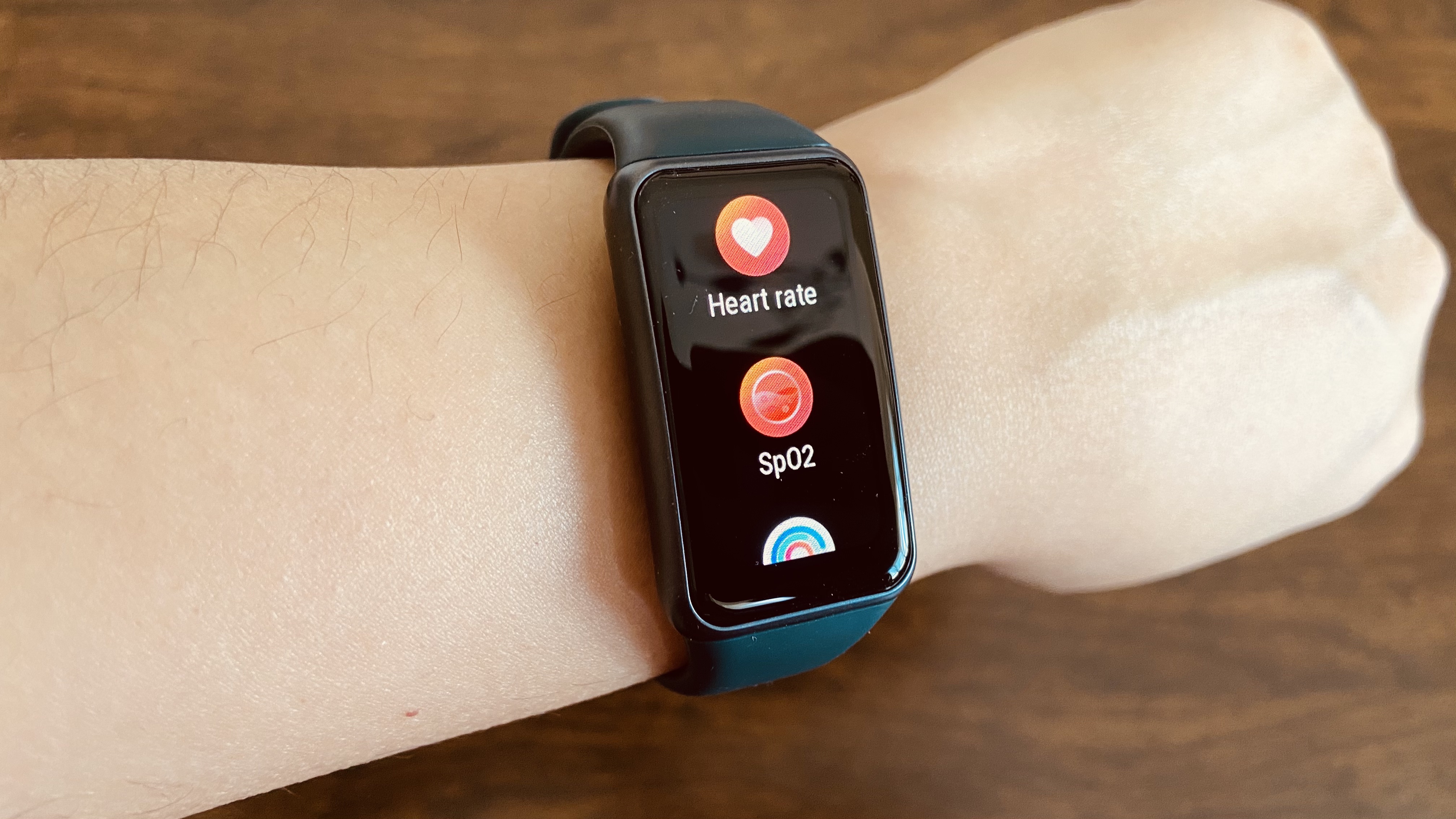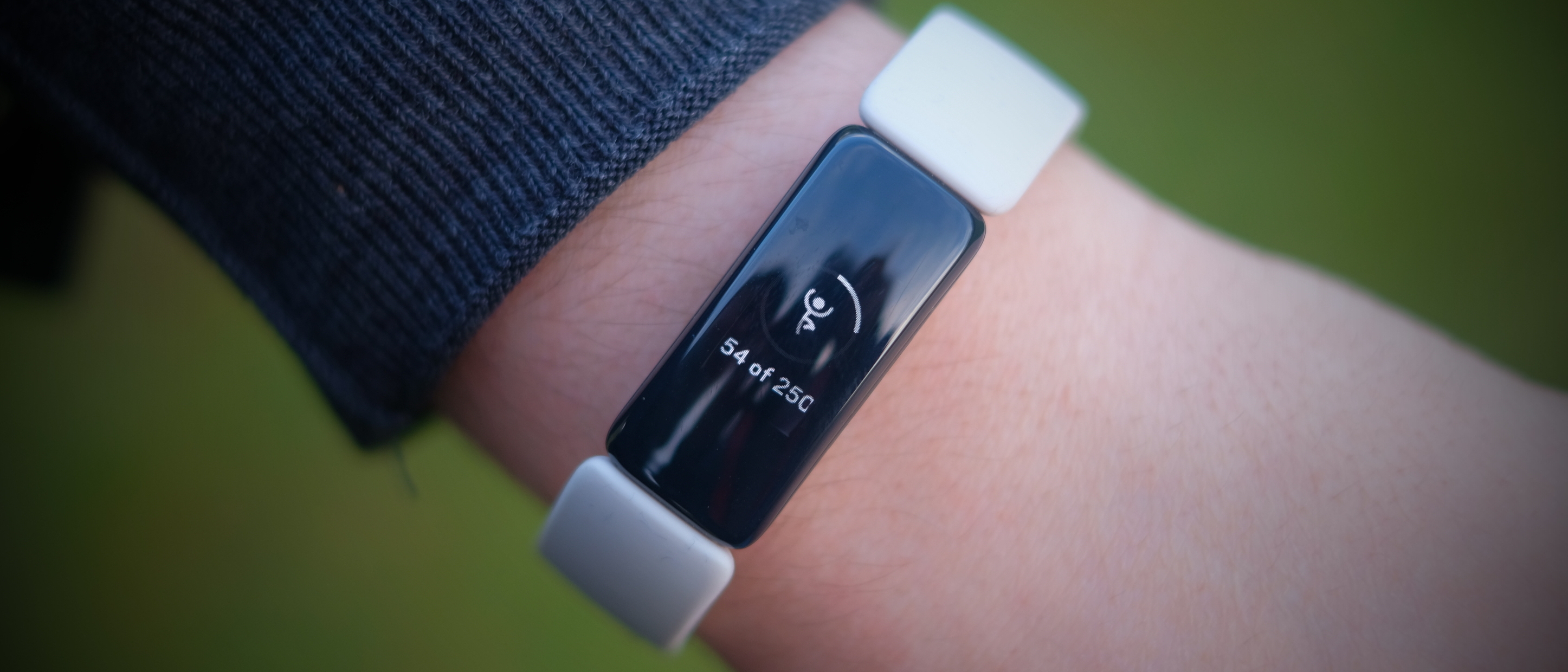A cheap fitness tracker can be just as good as an expensive smartwatch
Make your first fitness tracker a cheap one

Sign up for breaking news, reviews, opinion, top tech deals, and more.
You are now subscribed
Your newsletter sign-up was successful
If you’re shopping for your first fitness tracker, you might be baffled by the number of choices. There are so many options, and so many things to measure, that it may seem intimidating at first glance.
Heart rate monitoring, calorie counting, and exercise logging might be expected, but do you really need advanced features like GPS, VO2 max, or electrocardiogram scanners if you’re just beginning your fitness journey? What about elements such as sleep tracking?
Cheap fitness bands are one thing, but as the price goes up, more and more features are introduced, especially once you get into the realms of the best running watches or Apple Watches. If you're not careful, you might end up spending lots of money on a powerful fitness device and barely use half the features on it. Not ideal, especially when looking down the barrel of a cost of living crisis.
What you need
Yes, contrary to popular opinion and marketing, the answer is that you probably don’t need any of it in order to exercise and diet consistently. However, some activity tracking and other fitness tracker functionalities can certainly make forming those healthy habits easier.
For example, let’s take a basic fitness tracker, such as the Huawei Band 6 or Fitbit Inspire 2. These bands are relatively inexpensive, and can be used to track your heart rate, calories burned, and sleep with enough accuracy for a beginner. Any of them can also be used to keep a record of your workouts, so when you go for a walk or pop to the gym, you can view a record of those activities in the app, along with a rough idea of how hard you worked during those cardio sessions. In their respective apps, you can often input your diet for the day, so you can measure the calories you burned against the calories you ate.
This small investment is totally worth it due to the psychological effect that recording your activities has on habit retention. Plenty of studies, such as this report in the Journal of Diabetes Research, show “the importance of frequent dietary tracking for consistent long-term weight loss success”. Keeping a record of your diet and exercise makes you much more likely to stick to those goals, and a fitness tracker takes most of the legwork out of the recording process.

In addition, fitness trackers can offer you other helpful hints, such as prompting you to take more steps throughout the day. Regular movement is just as important as structured exercise and can help offset the damage of an otherwise sedentary lifestyle.
Sign up for breaking news, reviews, opinion, top tech deals, and more.
These kinds of functions help make fitness and health easier for the wearer, and it’s why cheap fitness trackers are perfect for beginners. Minimal administration, maximum reward: just throw the tracker on, complete the set-up, input your vital stats, and the tracker can begin doing its work.
Serious fitness watches offer a smorgasbord of metrics, from “running power” and “training readiness” to electrocardiogram scanners and even racecourse information provided by onboard GPS. They’re incredibly useful for trained athletes and people who are already active, but for beginners, this is just too much watch.
Otherwise, fitness watches are often bundled with a smartwatch’s ability to accept and reject calls, run third-party apps, and offer notifications and other smart functionalities. The Apple Watch, which simplifies total movement throughout the day into a worthwhile visual diagram – “closing your rings” – and the Samsung Galaxy Watch spring to mind.
If you’re looking for a cheap way to get you up and about and record your progress, a simple fitness band can do the trick. If in a year’s time, you’re in the best shape of your life and want to move up to something more advanced, you can do so, and you’ll have made a small initial investment for great results. If you splurge on a multifunctional fitness watch, you’re unlikely to get the best use out of all of its athlete-specific gadgets. Our list of the best cheap fitness trackers is a great place to start.

Matt is TechRadar's expert on all things fitness, wellness and wearable tech.
A former staffer at Men's Health, he holds a Master's Degree in journalism from Cardiff and has written for brands like Runner's World, Women's Health, Men's Fitness, LiveScience and Fit&Well on everything fitness tech, exercise, nutrition and mental wellbeing.
Matt's a keen runner, ex-kickboxer, not averse to the odd yoga flow, and insists everyone should stretch every morning. When he’s not training or writing about health and fitness, he can be found reading doorstop-thick fantasy books with lots of fictional maps in them.